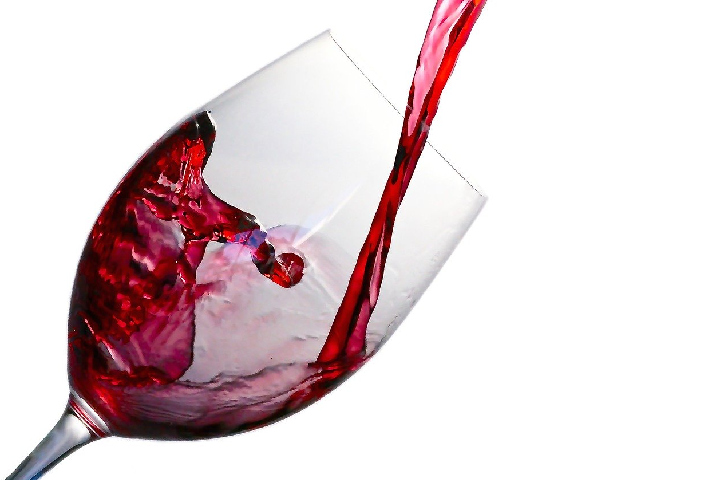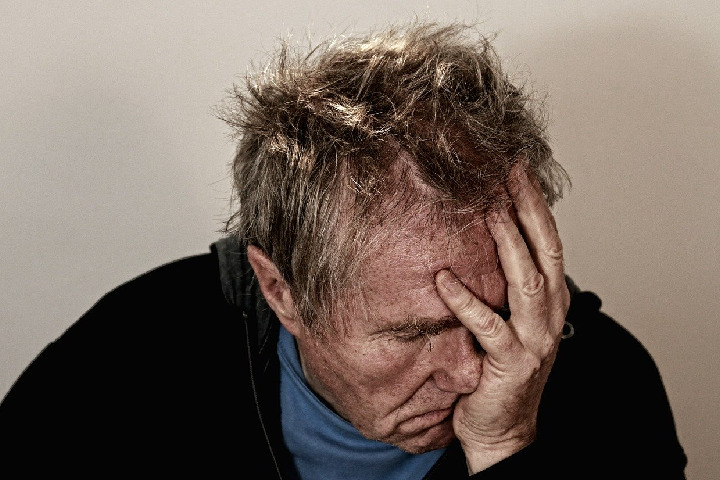Psychiatrization: Personal discomfort is labelled as illness and medicated. Dependence hides the inability to get out of oneself, create networks, and find motivations.
Anyone who has been to the waiting room of a psychiatric consultation will have had some surprises.
First, a large number of people “are psychiatrists.” This observation coincides with the epidemiological data of a recent survey: 30% of the Spanish population has consulted a psychologist or psychiatrist in the last two years.
Psychiatric disorders are the second cause of absence from work, and a low-cost anxiolytic is the second best-selling drug.
With the Quantity for Psychiatrization
The variety of suffering that coexists in waiting is also surprising. Some patients speak to themselves or have the stigmas of fat and parkinsonism of a severe mental disorder; others chat with self-confidence about their problems and the difficulties or facilities to achieve discharge.
Sometimes the room seems like a wall of lamentations with exhibitionist patients who tell their ills: “everything hurts me, and since they don’t get me right, they send me to the psychiatrist if it’s my nerves …”.
Some time ago, some people would have been classified as “vicious”: drunkards, gluttons, gamblers … however, today, their addictions are treated as a disease.
Equally surprising is the ease with which all clients accept that a psychiatrist can remedy everyday suffering and bad life.
- The ‘process of psychiatrization’ has been accentuated in recent years to unlikely degrees. The real suffering caused by urban unrest, symbiotic relationships, and the grief of everyday life is labelled today, as yesterday, as “mental disorders.”
- But the schemes with which this plaintive chaos is transformed into a psychiatric disorder is new. The social world and the possibility of a real change in daily relationships have disappeared.
- Today we only act against what tires us at work or prevents us from sleeping or loving, based on diagnoses such as “job burn,” insomnia, or anorgasmia.
- Today everything has to be labelled, and for everything, there has to be a “professionalized” response, although the discomfort does not stop increasing, probably for that very reason.
1. Alcoholism, a Failure of Psychiatry
William Griffith – known as ‘Bill W’ – was one of the founders of Alcoholics Anonymous (AA). He, like thousands of alcoholics, spent many years undergoing a multitude of therapies without stopping drinking.
In His Pilgrimage, Through the Consultations, he found an honest psychiatrist who confessed both his failure in the treatment of alcoholism (extendable to all his colleagues) and the surprising cure of some alcoholics after their religious conversion.

Hopeless of technical help, William created a group he named AA, based on mutual support and social media recreation, which has become the most effective and long-lasting program for staying sober.
Faced with the many academic doctrines on the causes and remedies for alcoholism – ranging from genetic-metabolic to latent homosexuality proposed by Freud – AA discovered the truth of the boatman:
the alcoholic must accept his inability to control – abstinence from alcohol.
a. Learning to Drink for Psychiatrization
Learning to drink is the failed attempt that has directed the life of the alcoholic.
To heal, he does not need therapy but, as anthropologist Gregory Bateson says, change the paradigm and accept that the bottle is stronger than he, and that is why he should not drink.
Absolute abstinence in a society where alcohol presides over most interpersonal rites requires group mediation.
In the form of sponsorship and chains of mutual support provides the capacity for sobriety that individual will or technical assistance has not been able to do. Accomplished.
b. This Group Does Not Admit Professionals in Its Meetings
does not try to argue with experts, does not proselytize, and does not ask for help from the state. The groups organize themselves autonomously, financially independent, and affirm their traditions: the best self-help is to help others.
After a period of abstinence, AA prescribes asking for forgiveness and repairing others’ damage caused by the bad life that alcoholism brings.
AA thus builds an example of the necessary continuity between psychological cure and moral reform.
Unlike the blameless use of the psychiatric response – “it was not me but my mental illness who committed the crime” – the alcoholic, by accepting his guilt, regains his dignity.
2. From Pain to Illness: Fibromyalgia
Faced with these attempts to reappropriate and self-manage psychological suffering, the dominant thought turns any pain into illness.

Nothing better to exemplify this than the autobiographical account that Manuela de Madre makes in Chronic Vitality:
“Hearing the magic word, I would have jumped to the other side of the table and hugged that doctor… how much I loved him! The name in question was fibromyalgia.
Dr Miquel Vilardell had informed me that the symptoms he had described, the results of tests and analyzes, and the ruling out of other diseases gave the concrete conclusion that he had fibromyalgia.
At Last, I Was Sure That I Had Not Made It Up
I had not gone crazy, nor was I unhinged; it was not menopause or nerves. There was a word that corresponded to a disease recognized by the WHO in 1993, and that is registered with the reference M729.0.
Said like this, by boat soon, it may be difficult to understand that a person leaves the doctor’s office jumping for joy when they have just been diagnosed with a chronic disease.
However, I was relieved. There was no cure for the pain, nor did fatigue vanish, but it did end the uncertainty.
Thousands of patients have repeated this discourse, identifying themselves as fibromyalgic. The fibromyalgic associations managed to create from the Catalan parliament the creation of half a dozen specialized hospital units.
With pain technicians who prescribe an escalation of analgesics and pharmacological cocktails against the pain that, far from being framed in the body, should have been interpreted as the pain of the soul.
Sometimes life events, biographical dramas, are so painful that his memory is impossible.
The somatization emerges when these traumatic experiences accumulate and are passed from memory and speech, expressing through the body, Metaforizandose as pain.
In this sense, fibromyalgia symptoms are the human translation of a vital pain from which the person only knows how to flee.
a. Any Relationship for Psychiatrization
But any relationship that seeks to make sense of suffering or tries to verbalize its psychodynamics suffers an angry disqualification by users and health managers, who affirm the evidence of the syndrome but never evaluate the iatrogenicity of the treatments they apply.
What happened with fibromyalgia corresponds to the utopian vision of health that the WHO promised for the year 2000:
“Health as the maximum development of human capacities,” an excess that has led to a search for a remedy against unhappiness the doctor’s office doctor.
b. Emotional Therapies for Psychiatrization
- The “I do not enjoy life” treated as a depressive symptom is the caricature of a program that promises happiness here and now, thanks to drugs and rational, emotional therapies.
- The hyperactive children, the anorexias, the asylum full of depression, the workshop plagued with labour abuse
- The crowd experiences their malaise as a curable epidemic in the psychiatric office. Hope depends, perhaps, on those who no longer deposit it in false remedies, such as the founders of AA, but seek a collective reappropriation of our lives and a kinder world in which people take care of each other.

